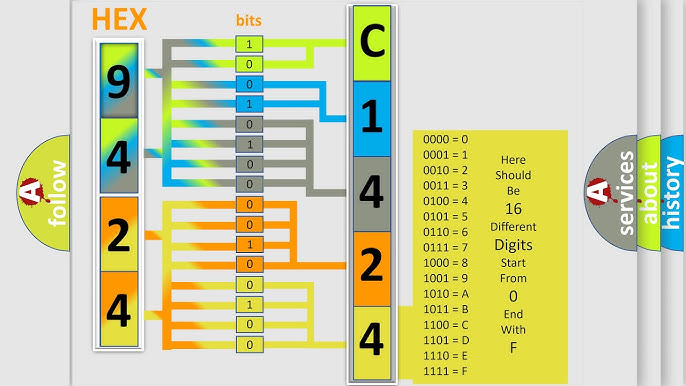c1424 refers to a specific classification, error code, product type, or regulatory requirement identifier. Interpretation depends on context (e.g., technical specification, legal document, or industry standard). This explanation outlines a generic interpretation framework.
Step 1: Identify the Origin Context
Pinpoint where the c1424 identifier appears. Is it within:
- Technical Documentation? Often an error code or component reference.
- Regulatory Text? Typically references a specific clause, standard, or certification requirement.
- Supply Chain/Part Number? Identifies a specific material, part, or product type.
Action: Locate the source document, manual, or specification sheet mentioning c1424.

Step 2: Understand Its Functional Purpose
Determine what c1424 signifies or controls within its context:
- Error Code: Signifies a specific system malfunction or diagnostic state.
- Regulation ID: Denotes a mandatory compliance checkpoint or performance criterion.
- Component ID: Identifies a part playing a specific role within a larger assembly.
Action: Check indices, glossaries, or related sections in the source document for explicit definitions of codes starting with 'C' or numerical sequences.
Step 3: Recognize Activation Triggers
Identify the conditions causing c1424 to become relevant:
- For Errors: What system state, input fault, or operational condition triggers it?
- For Compliance: At what project phase or upon which action does this requirement apply?
- For Components: Where and when is this specific part utilized?
Action: Analyze process flowcharts, system logic diagrams, or procedural guidelines associated with the context.
Step 4: Understand the Response Mechanism
Determine the consequence or required action when c1424 is invoked:

- Error Handling: Does it log data, halt operation, trigger a failsafe, or require manual intervention?
- Compliance Action: What specific action, verification, or documentation does regulation c1424 mandate?
- Component Function: What specific task does part c1424 perform? How does it interact with other components?
Action: Refer to troubleshooting guides, compliance procedure manuals, or technical schematics detailing actions linked to c1424.
Step 5: Verify Implementation & Resolution
Confirm the application or resolution of c1424-related requirements:
- Error Resolution: Document the corrective steps taken and verify system return to normal operation.
- Compliance Verification: Conduct audits, inspections, or tests proving adherence to requirement c1424.
- Component Integration: Validate correct installation, configuration, and functional performance of part c1424 within the system.
Action: Follow documented checklists, validation protocols, or test procedures specific to closing the loop on the c1424 identifier's purpose.
